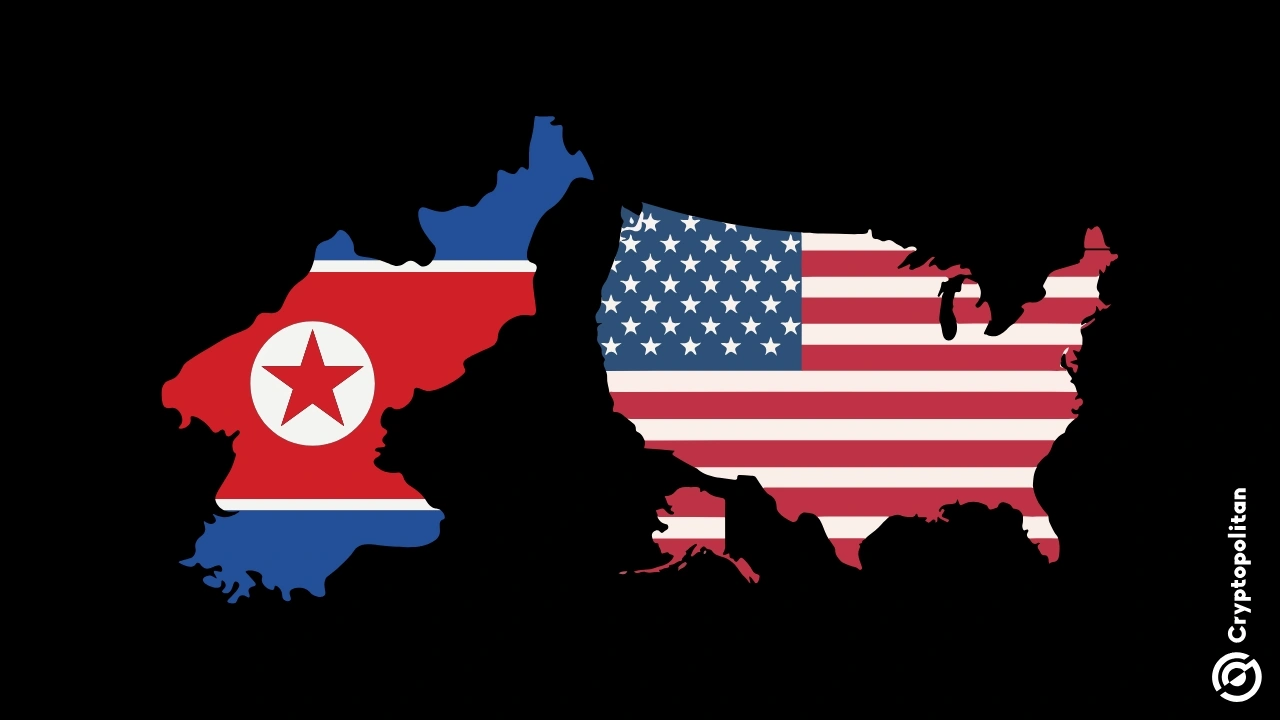U.S. Treasury Moves to Block Huione Group Over North Korean Money Laundering Ties

The U.S. Department of the Treasury has suggested a new federal regulation aimed at cutting off the Cambodia-based Huione Group from the American financial sector. This move comes after allegations surfaced about the company’s possible role in facilitating money laundering worth several billion dollars connected to North Korean hacking activities and internet scams.
Based on information from the Treasury’s Financial Crimes Enforcement Network (FinCEN), Huione and its related entities have enabled considerable facilitation of financial crimes. illicit transactions Since August 2021, these transactions have been linked to online romance and investment scams.
The suggested measure will complicate things for cyber criminals like the Lazarus Group when they try to clean up their illegal earnings. Importantly, there needs to be a 30-day period where the public can comment before this proposed regulation takes effect.
The Huione Group has become a favored platform for criminals to carry out money-laundering activities.
U.S. Treasury Secretary Scott Bessent stated in a release on May 1st that malicious cybercriminals such as Lazarus Group had stolen billions of dollars from regular Americans and that Huione Group has become their preferred marketplace.
The inquiries were prompted after the Huione Group set up a series of enterprises, which included the cryptocurrency exchange called Huione Crypto and the payment service platform. Huione Pay PLC , along with the online marketplace Haowang Guarantee, which dealt in illicit items and services.
Furthermore, FinCEN disclosed that between August 2021 and January 2025, the Huione Group reportedly facilitated the laundering of approximately $4 billion in illegal funds, with more than $36 million originating from cryptocurrency related to pig-slaughtering scams. The Treasury stated that at least $37 million of this laundered cryptocurrency was linked to cyber thefts conducted by North Korea.
A significant case revolved around the washing of $35 million from the $305 million heist at Japan’s DMM Bitcoin exchange via Huione Guarantee, which is part of the Huione Group.
People who fall prey to these cons experience substantial monetary setbacks. One of the pig butchering victims, Beth Hyland, revealed that in 2024 she fell prey to a Tinder scammer who continuously "manipulated and gaslit" her until she transferred a substantial sum via Bitcoin ATMs.
"We began talking and clicked instantly. We planned to meet up," Hyland remembered, describing how the scammer based in Nigeria continued to assert that he was unable to access his bank accounts and desperately needed money to pay his employees, as he claimed to be a freelance manager at a construction firm.
The Treasury stated that Haowang Guarantee transformed Huione Group into a "single destination" where criminals could wash cryptocurrencies obtained illicitly and subsequently convert them into traditional money.
Furthermore, Huione Pay, a company based in Phnom Penh, was reported to have received more than $150,000 in cryptocurrency last year from a wallet belonging to North Korea’s notorious Lazarus hacking group, which was suspected of stealing billions of dollars worth of cryptocurrency over the years, most likely to finance domestic projects.
As stated by Bessent, the suggested measure today will cut off Huione Group’s connection to correspondent banking, thereby reducing their capability to clean up illicit profits. The Treasury continues to be dedicated to obstructing malicious cyber operators' efforts to generate income from or funnel funds into their illegal activities.
The Huione Group finds itself in hot water due to its involvement in money laundering through cryptocurrencies.
The conglomerate had also created the U.S. Dollar Huione (USDH), a stablecoin pegged to the U.S. dollar that FinCEN alleged was unlocked and used for facilitating money laundering activities.
As a result, payment firms were banned from handling or trading digital assets in Cambodia, as stated by the National Bank of Cambodia, leading to the revocation of the company’s local banking license in March.
Furthermore, regarding the proposal by the U.S. Treasury Department to exclude the Cambodia-based Huione Group from the American financial network, the FinCEN tried to utilize Section 311 of the USA PATRIOT Act, granting it extensive authority, to facilitate this.
In their regulatory filing, the Treasury’s FinCEN noted that although the conglomerate didn’t maintain correspondence accounts directly with U.S. financial institutions, they had accounts with foreign entities that do have such relationships within the U.S.
The Treasury's move against Huione is part of an extensive initiative aimed at curbing North Korea’s employment of cybercrimes and digital heists to finance its armament projects. In December 2024, the U.S. imposed sanctions on two individuals from China along with a firm based in the UAE for their involvement in orchestrating money-laundering activities that channeled unlawful funds back to Pyongyang.
Romero.my.idAcademy: Tired of market swings? Learn how DeFi can help you build steady passive income. Register Now
0 Response to "U.S. Treasury Moves to Block Huione Group Over North Korean Money Laundering Ties"
Post a Comment